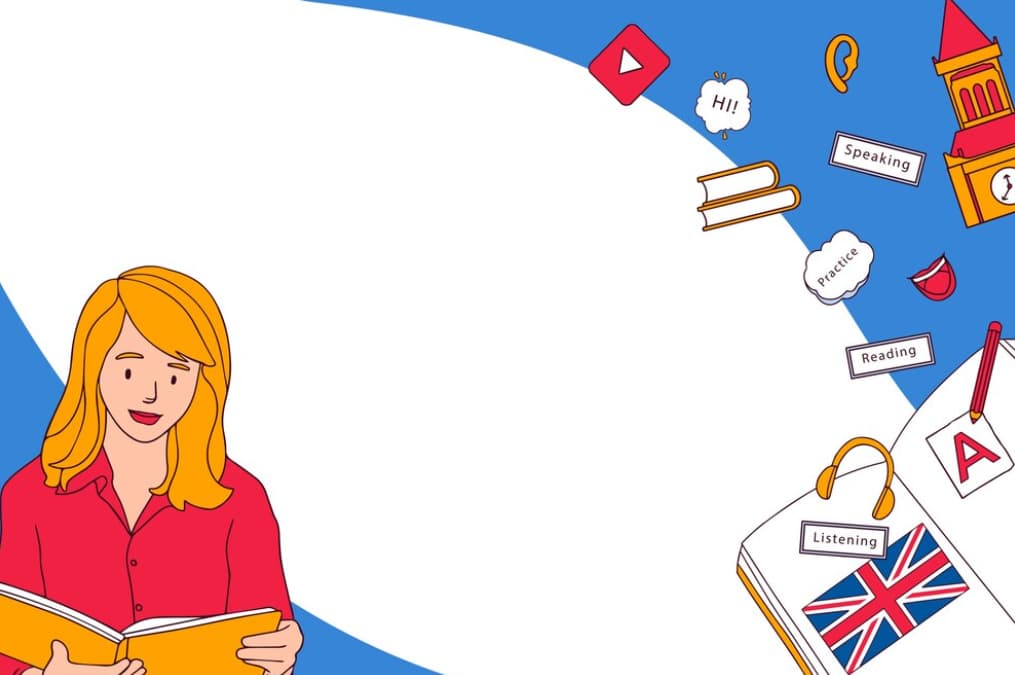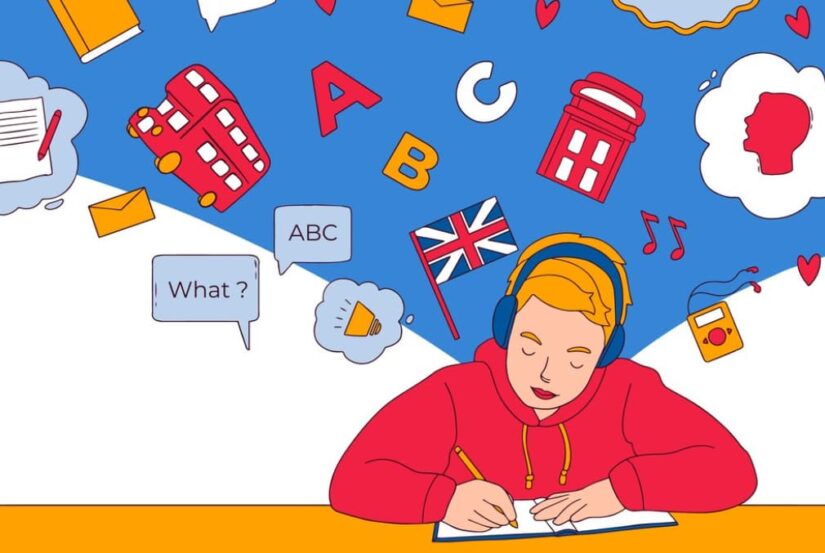Top Techniques on How to Learn English Efficiently
English proves to be an enjoyable language to learn. Despite its reputation for accessibility, with its vast vocabulary of 750,000 words and occasionally perplexing spelling, mastering English swiftly may appear daunting. Yet, rest assured, it is achievable with the correct strategy in place.
Effective Strategies for Rapid English Learning
Read Widely
From classic literature to everyday emails, exploring a wide array of English content is key. Each piece offers a treasure trove of vocabulary, both familiar and novel. Revisiting known words in different contexts strengthens retention, while encountering new ones expands your linguistic repertoire. With English boasting a vast lexicon, this approach ensures rapid progress. Yet, simply reading isn’t enough; action is required.
Take Note of New Vocabulary
The age-old advice holds true: actively noting down new words fosters retention. Despite our initial enthusiasm for a newfound term, memory lapses are common. To combat this, embrace the habit of recording new vocabulary in a dedicated notebook or digital tool. Contextualizing each entry with a sentence and its meaning streamlines future recall, sparing you the frustration of forgotten words.
Practice Speaking
Language thrives on interaction, making verbal communication indispensable. While digital platforms offer convenience, nothing beats speaking to real people. Overcoming the fear of speaking is crucial; many grasp comprehension yet falter in expression. Break down this barrier by seeking out native speakers for casual exchanges, enrolling in courses, or embracing online learning opportunities. By actively conversing, you’ll solidify your English skills and shatter linguistic barriers.
Engage with Podcasts and YouTube channels (in English)
Whether your interests lie in humor, politics, blogging, or cooking, there’s an English-speaking podcast or YouTube channel tailored to your preferences. Subscribe to a few and incorporate listening sessions into your daily routine, such as during your commute to school or work. While initially challenging, exposure to native accents will enhance your comprehension skills and introduce you to a wealth of new vocabulary from authentic sources.

Study Abroad for Language Immersion
Living and studying in an English-speaking country offers one of the most effective ways to learn the language.
- With a variety of countries available, you can customize your experience based on your location, climate, or preferred city;
- Consider destinations such as Australia, New Zealand, the UK, the US, Canada, or South Africa for a complete immersion in English.
Utilize Your Social Circle
Harness the power of your friends who post in English on social media platforms. Instead of merely scrolling past their content, take the opportunity to explore and engage with the articles, videos, blogs, songs, or other materials they share. By actively engaging with English content that aligns with your interests, you’ll further reinforce your language skills and broaden your understanding of diverse topics.
Ask a Lot of Questions
Curiosity is a powerful driver of language learning. As you progress in learning English, you will inevitably encounter numerous questions.
- Don’t let these doubts linger—be curious and seek answers! If you’re enrolled in a course, don’t hesitate to ask your teacher for clarification; that’s what they’re there for;
- If you’re learning independently, fear not—seek out answers in blogs or on language websites, ask fellow learners, or participate in online forums.
Learn from Celebrities
Diversify your learning approach by selecting a native English-speaking actor or singer whom you admire. Then, explore a variety of interviews they’ve given online. Watch these interviews at least twice: first for overall understanding, and then again to note down interesting expressions and words you hear. The slang, anecdotes, humor, and stories shared in these interviews will provide you with ample material to enhance your language skills.
Customize Your Learning Experience
To maximize the effectiveness of your English studies, continually remind yourself of your reasons for learning the language. Are you preparing for a study exchange? Focus on vocabulary related to your field of study. Attending an overseas conference? Brush up on conversation starters relevant to the event. Planning a gap year? Dive into travel and tourism vocabulary. By tailoring your learning to your specific needs and goals, you’ll avoid feeling overwhelmed and make steady progress on your language journey.
Be Kind to Yourself During Challenges
When you hit a plateau and feel like you’re not making progress – a common experience for all learners – resist the urge to say, “I don’t speak English,” or “I’ll never master this.” These phrases only cloud your perception of your progress and reinforce the belief that achieving fluency is unattainable. Instead, eliminate such negative self-talk from your vocabulary. Replace it with affirmations like “I’m improving my English skills every day,” “It’s a challenging journey, but it’s worth it,” or “I’ve come a long way from where I started six months ago.” By focusing on the bigger picture and acknowledging your progress, you’ll maintain a positive outlook on your language learning journey.
Conclusion
English, being a globally recognized language, is essential in today’s interconnected world. Though the task of learning English may seem daunting, with the right approach and resources, it is entirely achievable. By adopting effective strategies, staying motivated, and making use of available resources, one can achieve proficiency swiftly and efficiently. Remember, the journey of language learning is a marathon, not a sprint. Progress might be slow at times, but consistency and perseverance will eventually lead to mastery.
